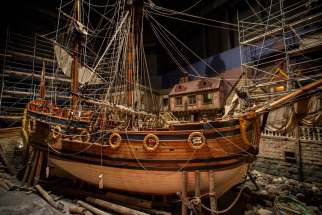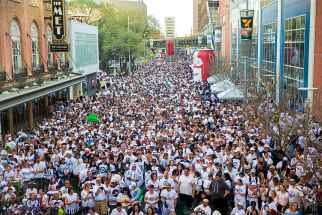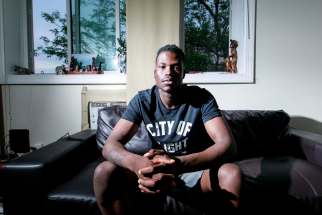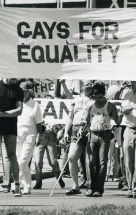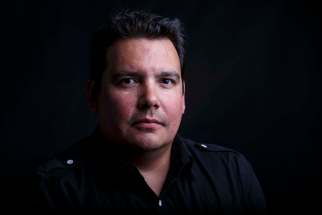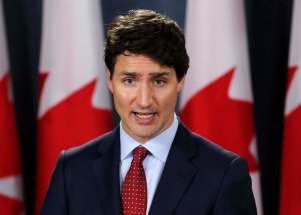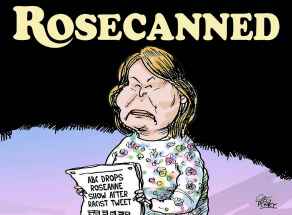From anonymity to acceptance Pride paraders look back at inaugural 1987 event and hope for continued gains in equality and legitimacy
Read this article for free:
or
Already have an account? Log in here »
To continue reading, please subscribe:
Monthly Digital Subscription
$0 for the first 4 weeks*
- Enjoy unlimited reading on winnipegfreepress.com
- Read the E-Edition, our digital replica newspaper
- Access News Break, our award-winning app
- Play interactive puzzles
*No charge for 4 weeks then price increases to the regular rate of $19.00 plus GST every four weeks. Offer available to new and qualified returning subscribers only. Cancel any time.
Monthly Digital Subscription
$4.75/week*
- Enjoy unlimited reading on winnipegfreepress.com
- Read the E-Edition, our digital replica newspaper
- Access News Break, our award-winning app
- Play interactive puzzles
*Billed as $19 plus GST every four weeks. Cancel any time.
To continue reading, please subscribe:
Add Free Press access to your Brandon Sun subscription for only an additional
$1 for the first 4 weeks*
*Your next subscription payment will increase by $1.00 and you will be charged $16.99 plus GST for four weeks. After four weeks, your payment will increase to $23.99 plus GST every four weeks.
Read unlimited articles for free today:
or
Already have an account? Log in here »
Hey there, time traveller!
This article was published 01/06/2018 (2751 days ago), so information in it may no longer be current.
The inagural Pride party and parade was held Aug. 2, 1987 at Vimy Ridge Park. Called the First Annual Lesbian & Gay Pride Day, posters advertised: “Balloons provided. Anonymity masks available.”
Thirty-one years later, Pride has expanded in size and scope, welcoming thousands of attendees to a celebration that honours members of the gender, sexual and relationship-diverse community. The schedule of events wraps up this weekend with two days at The Forks, featuring concession and merchandise stands, the Queer Beer beverage tent and the Blue Bomber Kidzone, as well as a lineup of free entertainment that includes local performers Raine Hamilton, Justin LaCroix and Mise en Scene and Toronto headliner Sate. For a full schedule, see www.pridewinnipeg.com.
A rally at 10 a.m. on Sunday on the steps of the Manitoba legislature leads into the annual parade at 11 a.m., which departs from Memorial Boulevard and York Avenue, and follows a route down York to Fort Street and on to Assiniboine Avenue.
The Free Press talked to four regular Pride attendees about what the event means to them.
Albert McLeod
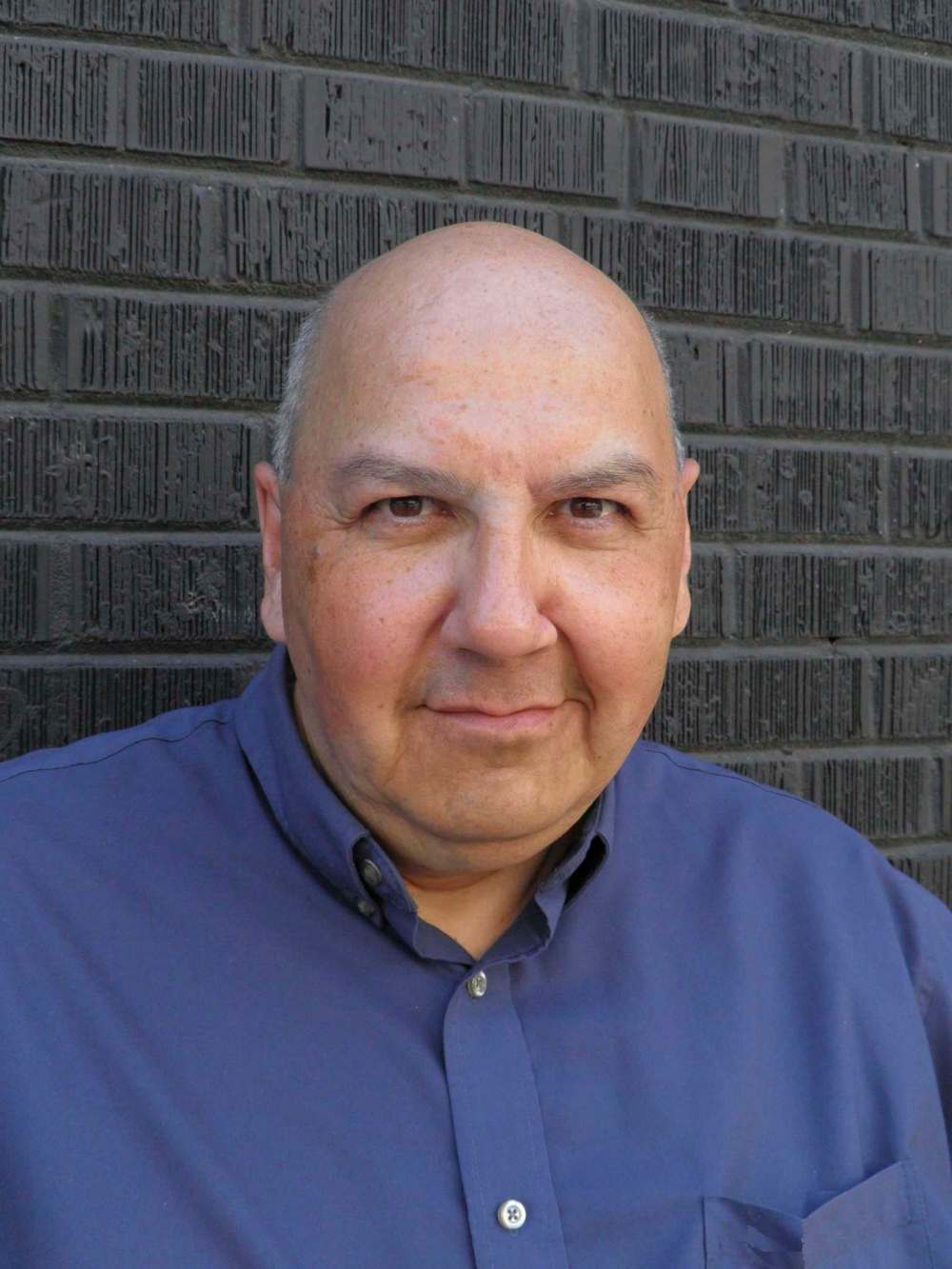
Albert McLeod was at that first parade in ’87, timed to celebrate the passing of Bill 47, which saw sexual orientation included in the Manitoba Human Rights Code.
McLeod, who has roots in the Nisichawayasihk Cree Nation and the Métis community of Norway House, helped launch the Nichiwakan (“my friends”) Native Gay Society in 1986 (the English term Two Spirit didn’t enter the lexicon until 1990). He’s since joined the board of directors of the non-profit group Two-Spirited People of Manitoba.
He recalls about 30 participants donning the masks to avoid being recognized by their employers or family members.
“People were afraid of being attacked,” he says. “You couldn’t be in the street and be out or publicly identify as a gay person because you didn’t know what would happen. People can’t even imagine 30 years ago what it was like. That’s why people wore masks, because they might have gotten fired.”
Over the years, he’s seen many welcome changes. He applauds the event’s expansion, especially the two-day festival at The Forks, and its inclusion of community, youth and families.
His group is also behind the second annual Two Spirit Pow Wow, which takes place at The Forks today, with a grand entrance at 1 p.m.
However, McLeod, who works as an Indigenous cultural facilitator, is troubled by a sense that, despite the strides made by the LGBTTQ* community in the last three decades, there’s been a surge in conservative forces that undermine progress.
He says the change to this year’s parade route, which sees the procession go down York Avenue and Fort Street instead of Portage Avenue and Main Street, is a slap in the face to a celebration that hinges largely on visibility.
“I think it is the city paying lip service to the whole idea of the march, which is about us being visible and claiming our own space,” says the 62-year-old. “Everybody gets to march down Portage Avenue but when it comes to us, it’s a second-class response.
“I was told that last year we were given Portage Avenue because it was our 30th year. But why should it have to be special? If the Jets had won the Stanley Cup, you can bet all of downtown would have been closed off, there’d be beer flying left, right and centre, Portage and Main would be shut down.
“This is the problem: when you’ve got this heteronormative patriachry around winning in our society, that’s how you get acknowledged. But if you’re gay and you want to fight for gay rights and visibility, it’s ‘Here, march down this side street.’”
Justin Luschinski
Brought to his first Pride parade by a girlfriend when he was 16 and a student at Maples Collegiate, Justin Luschinski, now 26, has been to every one since. The Winnipegger, who calls himself “bisexual, leaning toward pan,” credits his first visit with helping him find out more about himself: “It kind of gave me the first inklings that I was bisexual,” he recalls.
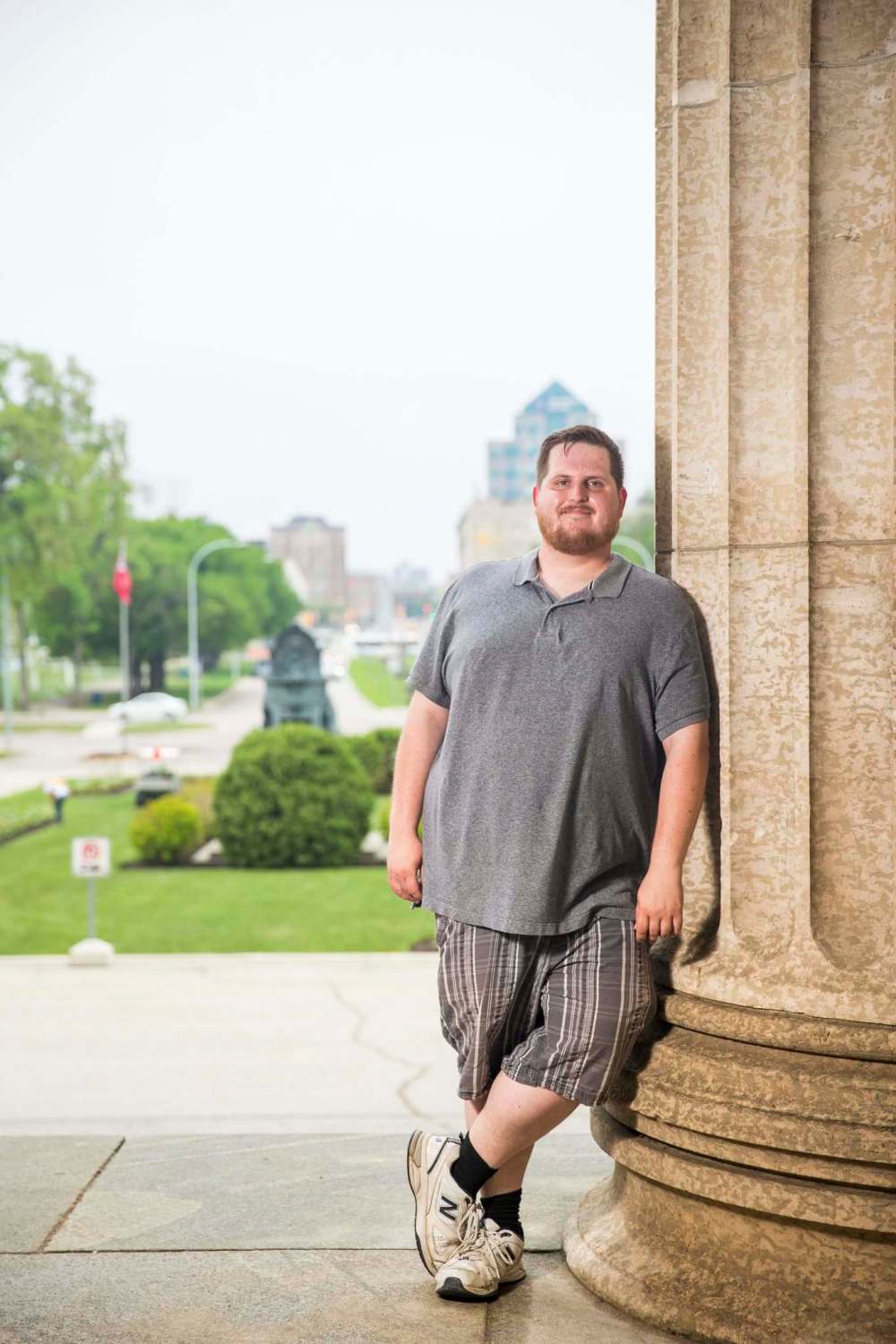
Though the Pride festivities are fun, he also stresses the event is still a vital exercise in visibility for the LGBTTQ* community.
“A lot of people might think well, marriage is legal, there’s LGBT characters on TV so maybe there’s not as much necessity now, but I still think it’s very important to give the community a chance to see themselves and see that it’s OK to be themselves…
“Bisexual people have to deal with a unique problem, where people question our right to exist. If I date a girl, I’m ‘not gay enough,’ and people believe I’m just pretending to be bi. If I date a guy, straight people think I’m just pretending to like girls to avoid social stigma.”
Like McLeod, Luschinski has sensed a recent change in attitudes and a ramping up of homophobia.
“Leading up until 2015, 2016, (Pride) was definitely more of a celebration — I remember there being a few protesters, but it wasn’t that big a thing. We just looked at each other and thought, ‘Oh, they’re just stuck in the past, who cares?’ But with the recent political climate and the resurgence of conservative ideals, there’s definitely a sense of ‘We’ve come so far but there’s a chance it might all go away.’ Maybe not, like, tomorrow it will be illegal to be gay, but there’s more fear and uncertainty.
“I’m hoping this years’s event will be a chance to feel good about ourselves and who we are.”
Bronwyn MacLean
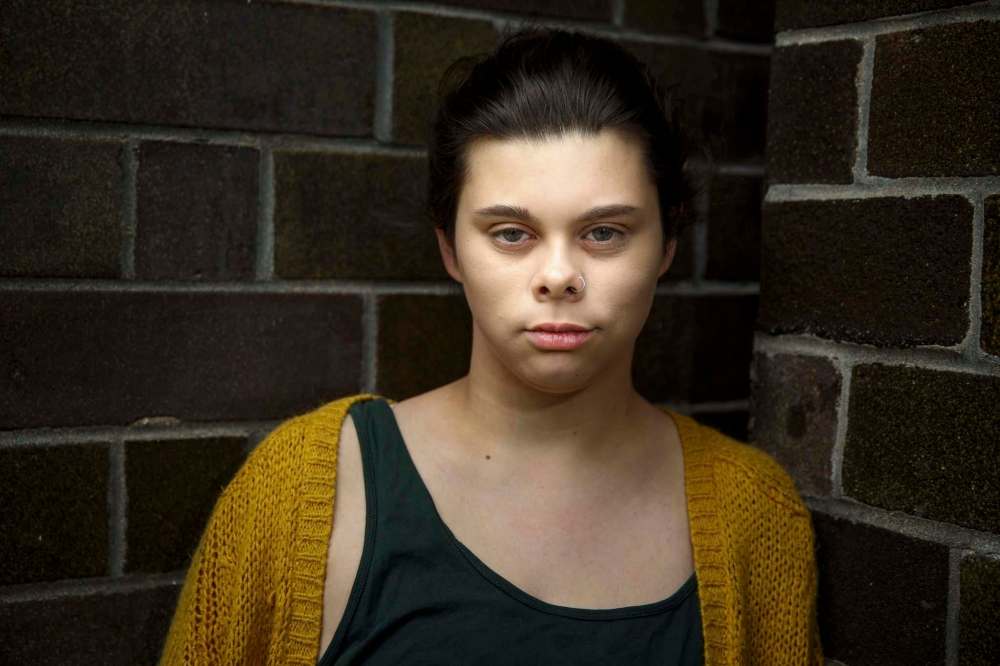
When Bronwyn MacLean attended her first Pride five years ago, she went as an ally.
“I wasn’t really sure of my sexuality yet. I think it was a place to, not really find myself, but see the community,” says the 20-year-old restaurant worker.
Though MacLean, who identifies as queer, doesn’t personally know anyone who feels they have to hide their sexuality in public, she’s aware that wasn’t always the case, and she knows that, even now, not everyone is in the same boat.
“Pride is important, especially for people who can’t celebrate their sexuality or who they are at home,” says MacLean, who plans to attend the festival at The Forks and see some drag shows today. “Or like for me — when I was younger, I wasn’t really sure how I identified, and so just to see how the community worked, that was cool.”
On Sunday, MacLean plans to ride a float with friends, although she has taken issue with police presence at previous parades.
“We celebrate Pride in June because it commemorates the Stonewall Riots, the first big gay protest (in New York City in 1969), and it was against cops because they were arresting people for being gay,” she says. “So just to have that presence there is anti- what it originated as.
“And for trans people or people of colour, they might not feel safe around cops and that might be an issue.”
Lara Rae
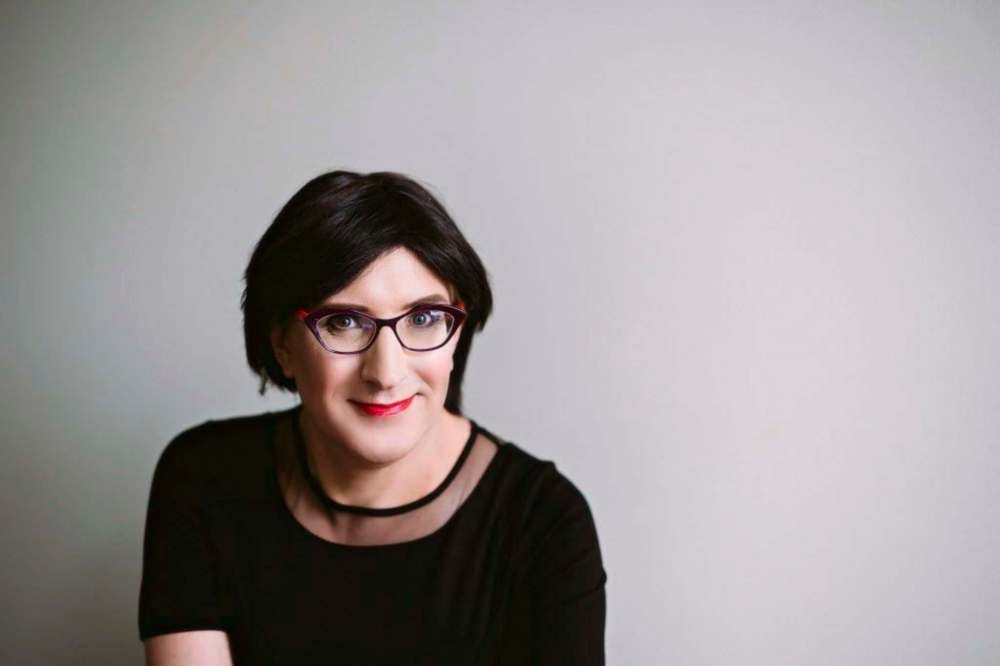
Comedian Lara Rae has been involved with Pride, both in Winnipeg and other cities, since long before she came out as a trans woman in 2015.
The artistic director of the Winnipeg Comedy Festival can date her impulse to get involved back to her youth in Ontario.
“For a few years in Toronto, during Halloween they had kind of an impromptu march and a lot of it was drag performers and trans people because it was the only time of year that you could dress in the clothing of the opposite gender without consequence,” Rae, 54, recalls.
“I remember people in my junior high school class would suggest that I join them going downtown in Toronto to throw eggs at faggots.”
Asked if she envisions a time when a Pride parade will no longer be necessary, she laughs ruefully.
“As long as there are still people who say, ‘Why isn’t there a straight parade?’ there will be a need for a Pride parade,” she says, adding that it’s important to remember why the event has that name: it offers members of the LGBTTQ* community the opportunity to take unapologetic, meaningful pride in who they are.
Rae, too, is concerned with a recent upswing in violence, especially against trans people, which shows the struggle is far from over.
“I would like to see a return to marching in the activist sense. A return to allying ourselves with the international labour movement that fights against racism worldwide, with support for marginalized people and oppressed communities throughout the world, whether or not at this particular time they have the capacity to comprehend LGBT or if they need to be unburdened of their chains before they can get to that point.”
Rae admits there are rifts that sometimes divide the community and intersectionalities that aren’t addressed — for instance, this year she’s bothered by the fact that the Trans March and the Two-Spirit Pow Wow take place at the same time — but finds that Pride festivities have a way of smoothing over differences and buoying spirits.
“The idea of being with people who are like you, even if it’s just for one day, it’s a real recharging of your spiritual batteries.”
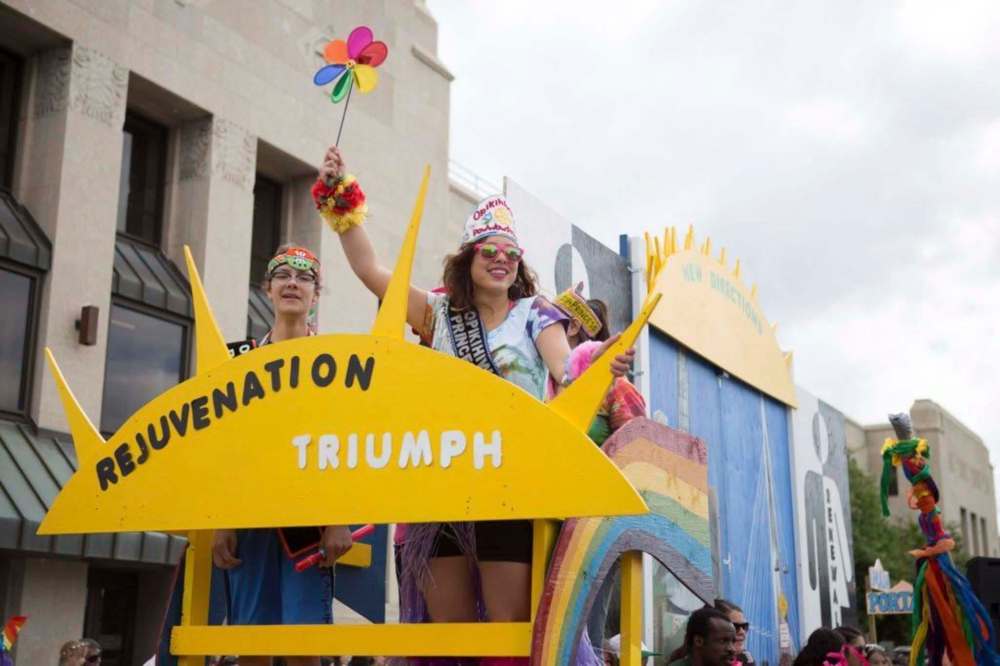
jill.wilson@freepress.mb.ca
Twitter: @dedaumier

Jill Wilson writes about culture and the culinary arts for the Arts & Life section.
Our newsroom depends on a growing audience of readers to power our journalism. If you are not a paid reader, please consider becoming a subscriber.
Our newsroom depends on its audience of readers to power our journalism. Thank you for your support.
History
Updated on Saturday, June 2, 2018 8:52 AM CDT: Photo fixed.

